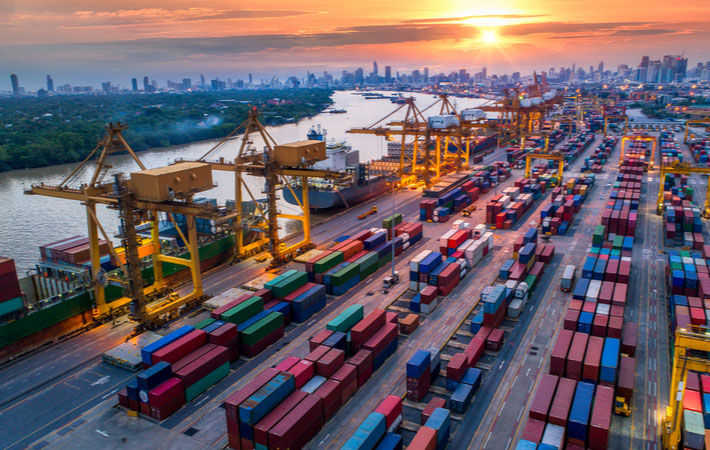
The report highlights a number of cross-cutting barriers affecting US agricultural trade, including opaque and burdensome facility registration requirements, sanitary and phytosanitary (SPS) measures that are not based on science, are maintained without sufficient scientific evidence, or are applied beyond the extent necessary to address SPS issues; and import licensing requirements and non-transparent import licensing administration restricting the flow of US agricultural exports to a number of countries, including Angola, Ecuador, Egypt and Indonesia.
Other barriers to trade include government procurement, intellectual property protection, state-owned enterprises, labour, services and investment barriers, and subsidies, especially export subsidies.
Among digital trade barriers, India’s proposed regulations on digital trade and electronic commerce include data localisation requirements and restrictions on cross-border data flows that could serve as a barrier for a wide range of bilateral goods and services trade, the report said. Separately, EU leaders have promoted ‘technological sovereignty’ or ‘digital sovereignty’ as a policy objective.
“China deploys numerous types of interventionist and discriminatory measures and actions in pursuit of its industrial policies, which can heavily distort and disrupt markets and often lead to the creation of severe and persistent excess capacity, as evidenced by the ongoing situations in steel, aluminum and solar, among others,” USTR said in a press release.
Newer targets for China’s industrial policies include numerous industries in advanced manufacturing, high-technology, and other key economic sectors where China is setting and pursuing production and market share objectives that can only be achieved through non-market means, the report said.
The US government has identified concerns related to labour rights in several countries, including Bahrain, Bangladesh, China, Colombia, Dominican Republic, Guatemala, Honduras, Peru and Thailand.
Burdensome technical regulations or conformity assessment procedures hamper the ability of American producers to export high quality US food and agricultural products to certain markets, the report added.
Fibre2Fashion News Desk (DS)